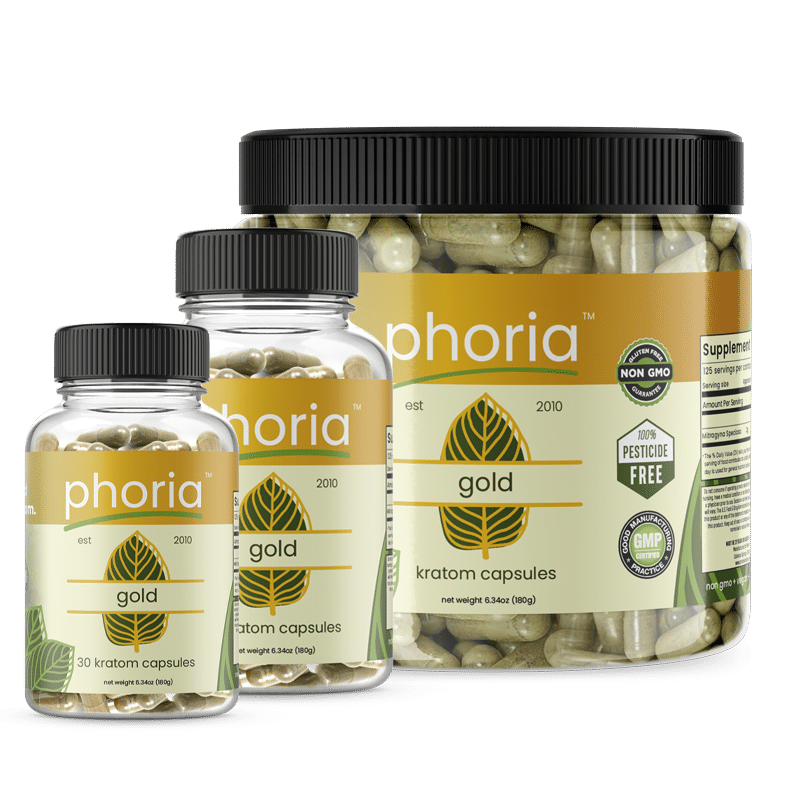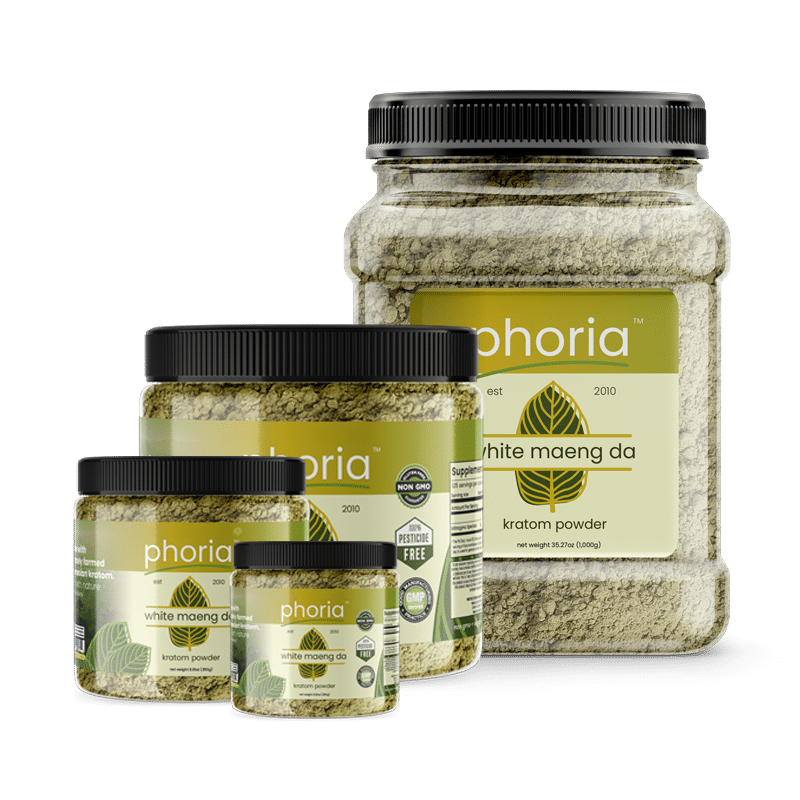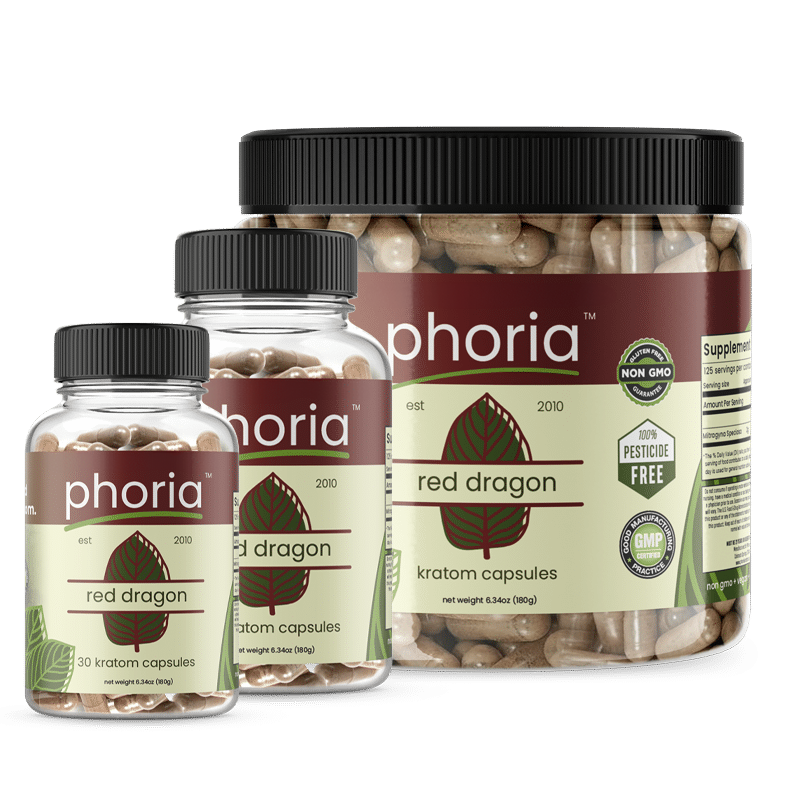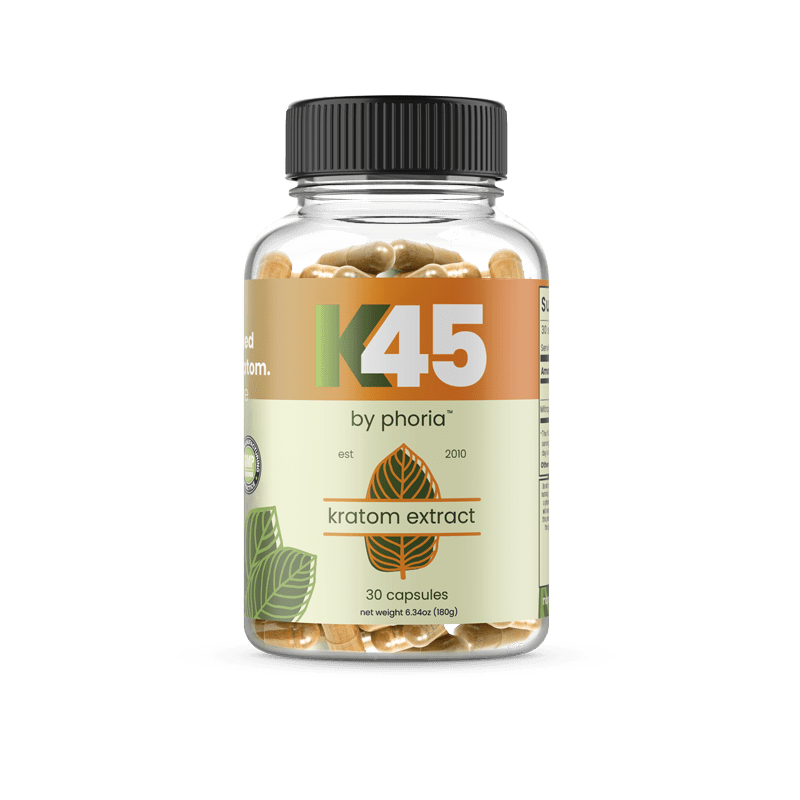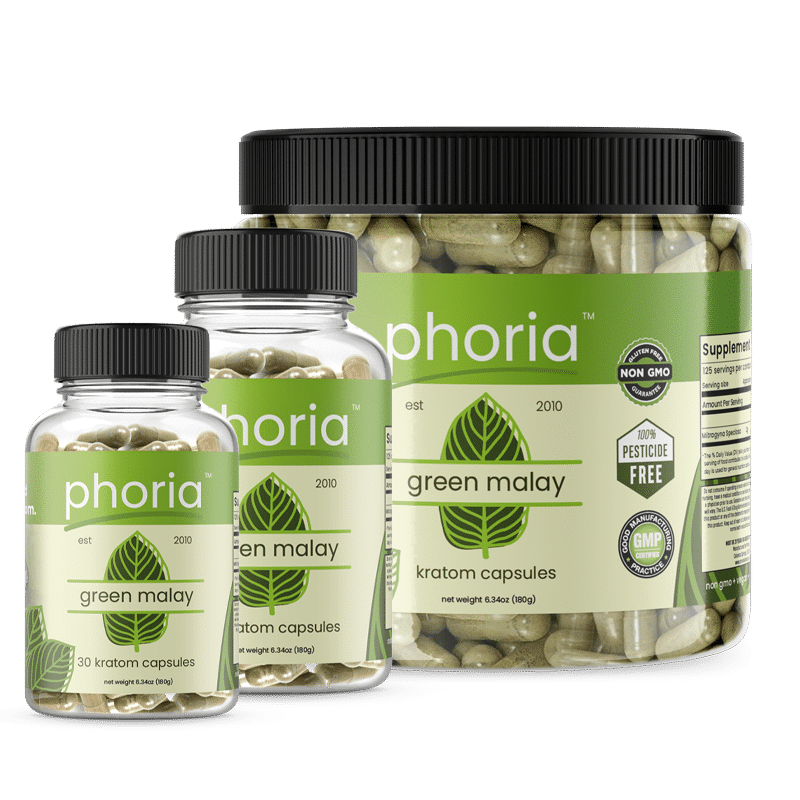Kratom, a natural herb native to Southeast Asia, has been gaining popularity in the United States as an alternative to opioid painkillers and a treatment for anxiety and depression. However, concerns have been raised about its potential for addiction and abuse.
In this article, we will explore the topic of kratom addiction and separate fact from fiction. It is important to understand that anything can become addictive – not just drugs or alcohol. Addiction is a complex phenomenon that involves changes in brain chemistry and behavior patterns.
While some substances are more addictive than others, addiction can occur with any substance or behavior that produces pleasure or relief from stress. Therefore, it is crucial to approach the topic of kratom addiction with an open mind and examine all available evidence before making any conclusions.
The Nature Of Addiction
Addiction is a complex and multifaceted phenomenon that can affect anyone, regardless of age, gender, or social status. At its core, addiction involves a compulsive and uncontrollable urge to engage in a particular behavior or consume a substance, despite the negative consequences it may have on one’s physical, emotional, and social well-being.
While addiction is often associated with drugs and alcohol, anything from food to video games to shopping can become addictive. The nature of addiction is such that it alters the brain’s reward system and impairs its ability to regulate emotions and impulses.
When we engage in pleasurable activities or consume substances that trigger the release of dopamine – a neurotransmitter associated with pleasure and reward – our brains learn to associate those stimuli with positive feelings. Over time, this association becomes stronger, leading us to seek out those experiences more frequently and compulsively.
As a result, addiction can be thought of as a persistent form of learning that involves the creation of powerful neural pathways in the brain.
Kratom’s Mechanisms Of Action
As we have discussed in the previous section, addiction is a complex and multifaceted phenomenon that involves both biological and environmental factors. It is important to remember that anything can become addictive, whether it be drugs, alcohol, gambling, or even seemingly harmless activities like shopping or eating. This is because addiction is not about the substance or behavior itself, but rather about the way in which it affects the brain and the reward pathways.
Now let us delve into kratom’s mechanisms of action. Kratom contains several alkaloids that interact with the brain’s opioid receptors, producing effects similar to those of opioids such as morphine and codeine. However, because these alkaloids also bind to other receptors in the brain, kratom has a more complex pharmacological profile than traditional opioids.
In low doses, kratom acts as a stimulant, increasing energy levels and promoting sociability. In higher doses, it produces sedative effects and can lead to feelings of euphoria and pain relief.
The Science Behind Kratom Addiction
Understanding the science behind kratom addiction is crucial to debunk myths surrounding this controversial drug.
Kratom contains alkaloids that bind to the same receptors in the brain as opioids, leading many users to experience feelings of euphoria, pain relief, and relaxation. However, unlike opioids, kratom’s effects are not as potent and do not lead to respiratory depression.
Despite its potential benefits, prolonged use of kratom can result in addiction, with users experiencing withdrawal symptoms such as anxiety, irritability, insomnia, and even aggression.
The mechanism behind this addiction lies in how the brain adapts to the drug’s effects over time. The more a person uses kratom, the more their brain becomes dependent on it for normal functioning. As a result, quitting can be challenging due to both physical and psychological dependence.
Furthermore, research suggests that individuals with a history of substance abuse disorders may be more susceptible to developing an addiction to kratom.
It is important to note that while kratom may have potential benefits for some individuals dealing with chronic pain or opioid addiction recovery, it should only be used under medical supervision and with caution due to its addictive properties.
Myths And Misconceptions
There are many myths and misconceptions surrounding the use of kratom, particularly when it comes to addiction.
One common myth is that kratom is not addictive at all. While it is true that not everyone who uses kratom will become addicted, it is also true that some people do develop a dependence on the substance.
Another misconception is that using kratom for a short period of time cannot lead to addiction. In reality, addiction can occur after just a few weeks of daily use.
It is important to note that addiction does not only involve physical dependence but also psychological dependence, which can be just as challenging to overcome.
Additionally, some people may experience withdrawal symptoms when they stop using kratom, including anxiety, irritability, and insomnia. These symptoms can make it difficult to quit using kratom without professional help.
Treatment And Prevention
Treating kratom addiction can be a challenging process, but it is possible. The first step in treating addiction to kratom or any substance is recognizing the issue and seeking help. This may involve reaching out to a healthcare professional or addiction specialist who can guide you through the recovery process.
Treatment options for kratom addiction may include therapy, medication-assisted treatment, support groups, and detoxification programs.
Therapy can help individuals identify and address underlying issues that may have contributed to their addiction while medication-assisted treatment involves the use of medications like buprenorphine or methadone to help manage withdrawal symptoms.
Support groups like Narcotics Anonymous (NA) or Kratom Anonymous (KA) can also provide ongoing support throughout the recovery process.
Preventing kratom addiction starts with understanding the risks associated with its use. It’s important to educate yourself about the potential dangers of using kratom and to only take it as directed by a healthcare professional.
Avoid using other substances like alcohol or opioids while taking kratom, as this can increase the risk of dependence and addiction. Additionally, if you’re struggling with stress or mental health issues, seek out alternative forms of treatment like therapy or meditation instead of relying on substances like kratom as a coping mechanism.
By taking these steps, you can reduce your risk of developing an addiction to kratom and other substances.
Frequently Asked Questions
Is It Possible To Use Kratom Without Becoming Addicted?
Yes, it is possible to use kratom without becoming addicted. However, as with any substance, moderation and responsible use are key.
Kratom has been used in traditional medicine for centuries and has a range of potential benefits, including pain relief and anxiety reduction. Many people use kratom recreationally without issue.
However, it is important to note that prolonged or excessive use can lead to dependence and addiction. It is also worth considering the potential risks associated with kratom use, such as liver damage and respiratory depression.
As with any substance, it is essential to educate oneself about its effects and risks before using it.
Can Kratom Addiction Be Cured On Its Own Without Seeking Professional Help?
Can kratom addiction be cured on its own without seeking professional help?
While it’s possible for some individuals to overcome addiction without professional help, it’s important to note that addiction is a complex disease that often requires treatment.
Attempting to quit kratom cold turkey or without medical supervision can be dangerous and potentially life-threatening.
Seeking professional help for addiction provides access to resources and support that can increase the chances of successful recovery.
It’s crucial for individuals struggling with kratom addiction to speak with a healthcare provider or addiction specialist about their treatment options.
Are There Any Long-Term Health Effects Associated With Kratom Addiction?
Long-term health effects associated with kratom addiction are a concern for those who abuse this substance. Some of the potential risks include liver damage, respiratory depression, and seizures. These adverse effects can occur when individuals consume high doses of kratom or mix it with other substances.
Additionally, long-term use of this drug can lead to physical dependence and withdrawal symptoms when individuals try to quit. While some may attempt to cure their addiction on their own without seeking professional help, it’s important to understand the potential risks and seek medical advice before attempting to stop using kratom.
How Does Kratom Addiction Compare To Addiction To Other Substances?
How does kratom addiction compare to addiction to other substances? This is a common question among people who are curious about kratom and its effects.
While there is no easy answer, it’s worth noting that all addictions share certain similarities. They all involve the compulsive use of a substance despite negative consequences, and they can all have serious long-term health effects.
However, the specific effects of kratom addiction may differ from those of other substances, depending on factors such as dosage, frequency of use, and individual biology.
Ultimately, it’s important to understand that any substance has the potential to become addictive if used improperly or excessively.
Can Kratom Addiction Lead To Overdose Or Death?
It’s important to note that kratom has not been extensively studied for its potential risks and long-term effects, so it’s difficult to determine the exact level of danger associated with its use. However, like any substance, moderation and responsible use are key to avoiding the negative consequences of addiction.
Conclusion
In conclusion, while kratom addiction can be a real concern for some individuals, it is important to separate fact from fiction.
Just like with any substance, the potential for addiction exists, but it does not necessarily mean that every user will become addicted.
It is possible to use kratom without becoming addicted, and seeking professional help can greatly increase the chances of successfully overcoming addiction.
Furthermore, it is important to understand that anything can become addictive – whether it be a substance or a behavior. Always determine an acceptable kratom dosage before adding kratom into your schedule.
It is crucial to approach all forms of addiction with compassion and understanding, and seek appropriate treatment when necessary.
Ultimately, the key is to educate ourselves and those around us about the risks and realities of addiction in order to make informed decisions about our own health and well-being.


